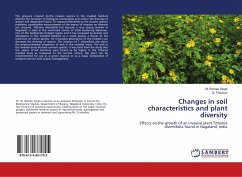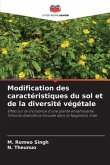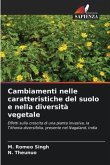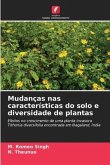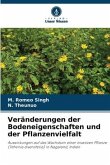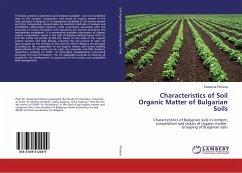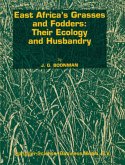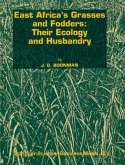The pressure created by the invasive species in the invaded habitats disturbs the functions of biological communities and reduce the diversity of species and dependent fauna. To respond effectively to the invasive species problems, quantitative measurements of the impact of invasion on diversity are required. Tithonia diversifolia has become a very strong invader in Nagaland, a state in the north-east corner of India bordering Myanmar, one of the biodiversity hotspot region and it has increased its density and abundance in the invaded habitats as a result posing a threat to the extinction of native species. An increasing abundance of the invaders can decrease the diversity of species. The invasion of T. diversifolia also alters the physico-chemical properties of soils in the invaded areas. The soils in the invaded areas become nutrient species. It was clear from the study that the values of soil nutrients were found to be higher in the Tithonia invaded areas as compared to the control. Hence, the plant can be recommended for use as a green manure or as a major component of compost manure with proper management.
Bitte wählen Sie Ihr Anliegen aus.
Rechnungen
Retourenschein anfordern
Bestellstatus
Storno

